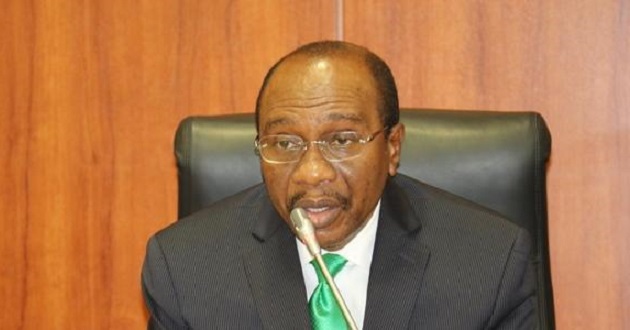Business
Foreign reserves decline by $3.37bn in three months

Between 2nd January and 1st April this year, Nigeria’s foreign reserves declined by $3.02 billion or 7.83%, moving from $38.53 billion to $35.16 billion in between the periods.
The country’s external reserves have been at the mercy of steep volatility in exchange rates, occasioned by plunging oil prices and the increasing exit of Foreign Portfolio Investors (FPI) from the economy.
A free fall in the reserves in the 6-month period from 1st July to 31st December 2019 meant that the balance shrank from $45.046 billion to $38.595 billion, resulting in a loss of $6.451 billion or N2.368 trillion.
The Central Bank of Nigeria (CBN) projected that the Nigerian economy might witness a weak output growth this year based on macroeconomic indices.
It said at the Monetary Policy Committee (MPC) meeting in March that the Nigerian government needed to de-emphasise reliance on oil, widen its tax net and embrace other revenue sources in order to diversify the economy.
Read also: Banks post non-performing loans worth N1.05tn in 2019
“The continued spread of COVID-19; further decline in crude oil prices and the reduction in accretion to external reserves; reduced government revenue leading to weak aggregate demand; declining non-oil receipts; as well as infrastructural and security challenges,” Godwin Emefiele, the apex bank chief aid.
According to the central bank, disruption in global capital flows together with mounting corporate debt and vulnerabilities across financial systems have thrown the economies of developed nations into limbo just as escalating public debt has made the outlook for emerging markets and developing economies bleak.
The MPC similarly observed the twin negative impact of demand and supply shocks in the oil market stemming from the COVD-19 pandemic and the Saudi Arabia-Russia oil price rivalry to the world economy.
As of 06:31 West African Time on Thursday, Bonny Light, Nigeria’s top oil grade was trading at $21.41 per barrel, well below the Nigerian government’s new budget benchmark of $30.
Join the conversation
Support Ripples Nigeria, hold up solutions journalism
Balanced, fearless journalism driven by data comes at huge financial costs.
As a media platform, we hold leadership accountable and will not trade the right to press freedom and free speech for a piece of cake.
If you like what we do, and are ready to uphold solutions journalism, kindly donate to the Ripples Nigeria cause.
Your support would help to ensure that citizens and institutions continue to have free access to credible and reliable information for societal development.






















